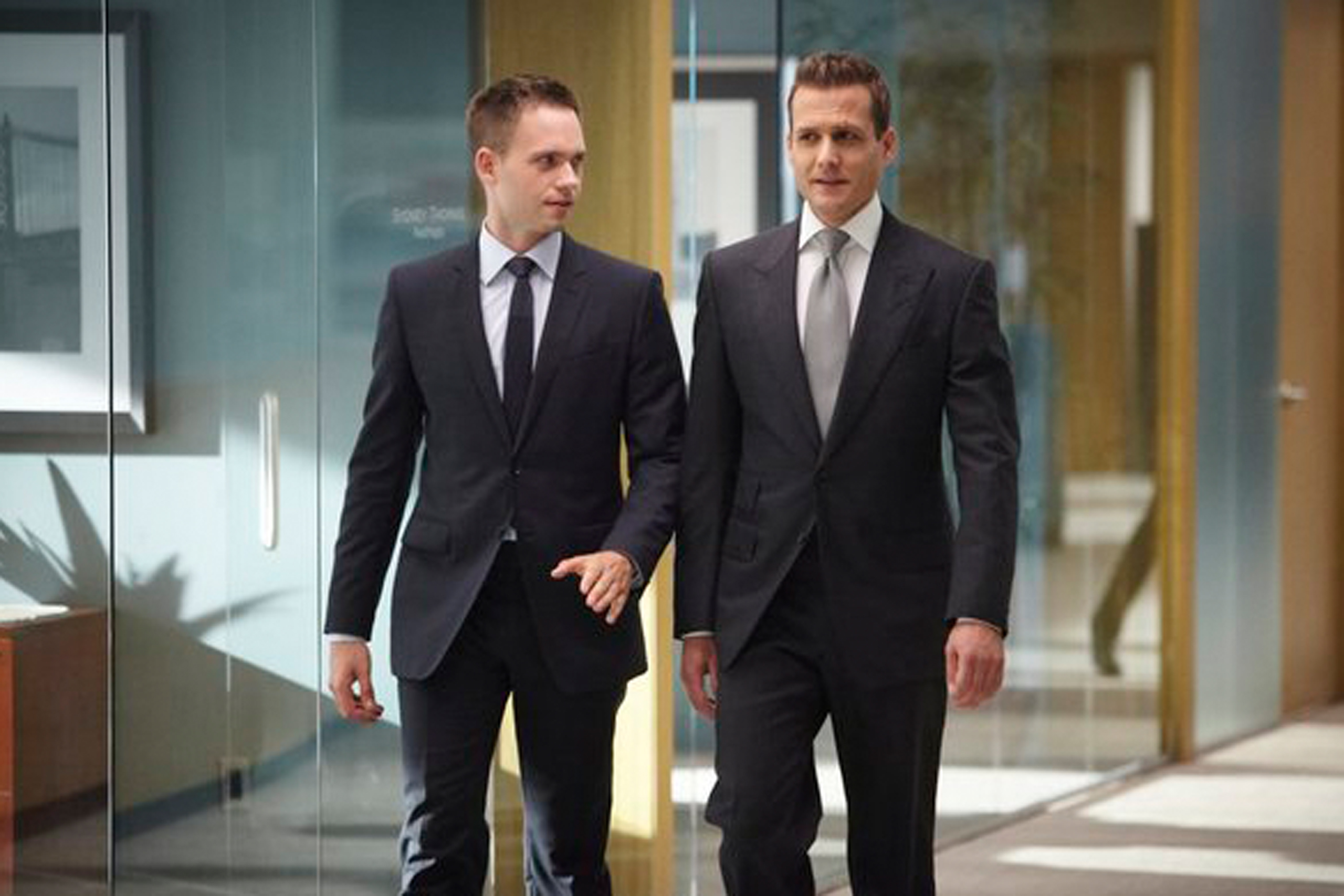Learning happens in many ways – from books, lectures, training programs, videos, workshops, etc. One of the best ways to learn is by observing what other people do and how they behave in certain situations.
We know that actors learn by watching other actors perform. We know that professional athletes develop and hone certain skills by observing fellow athletes. You too can learn by watching other people inside and outside your organization. We call these people role models.
How do you identify role models?
Ideally, your role models know you from both a personal and professional perspective, although this doesn’t always have to be the case. They could include employees, peers, colleagues, your manager/supervisor, customers, outside associates (lawyers, accountants, etc.) and even friends, family, spouse/partner.
You might also consider selecting individuals whom you do not know personally, but you know of them. For example, a senior business leader in the community, a political leader, or a well-known TV personality, could be one of your role models.
In selecting your role models, identify what they will bring to the situation and how they can help you. Identify the type of advice you will seek from each of them (ex negotiation skills, financial, team-building, communication, etc.) bearing in mind that some role models might be able to provide advice in several areas.
Interestingly, some people feel it is a sign of weakness to ask for help from others. They fear that their own managers and possibly their peers will see them in a different light and perhaps not respect them as much. We disagree. Seeking opinions and guidance from others on important aspects of your work is considered more so as self-confidence, than weakness. Do not be afraid to ask others for advice and help.
